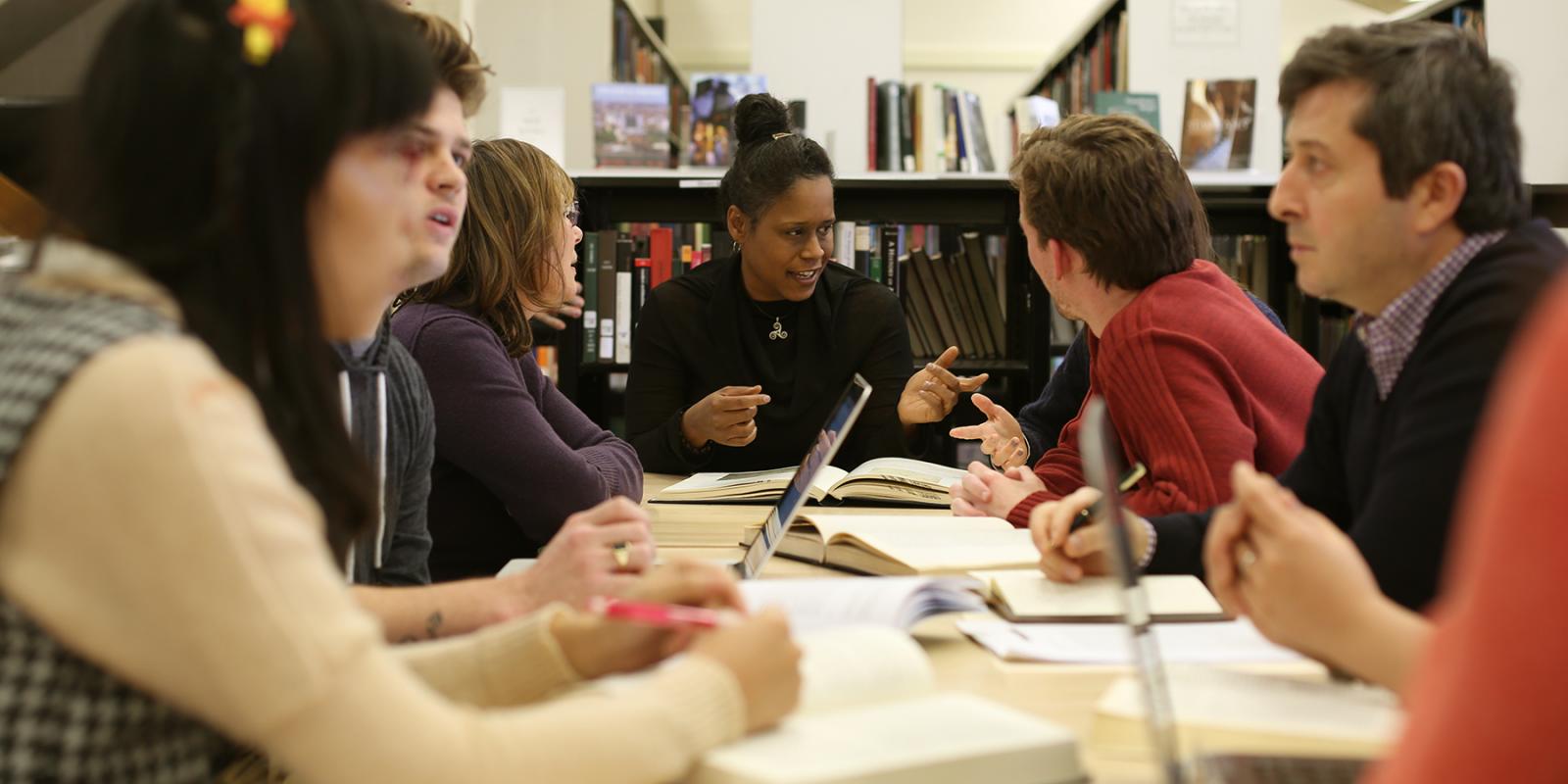The University of Maryland's Doctoral Program (PhD) in Urban and Regional Planning and Design takes full advantage of the resources of a leading research university and its location within the heart of the Baltimore-Washington metropolitan area. Intimate and highly competitive, the PhD program offers students a tailored PhD experience and the flexibility to bridge a number of disciplines related to the built environment, including urban planning, design, historic preservation, and real-estate development. Our nationally-renowned faculty, the affiliated National Center for Smart Growth Research and Education, and proximity to the architecturally rich, historically significant, and diverse urban fabric of the Mid-Atlantic region makes the University of Maryland an exciting place to study urban planning, design, and historic preservation.
Visit the graduate school website for General Requirements, Program-Specific Requirements, and Application Deadlines.
The PhD Program
The PhD in Urban and Regional Planning and Design is offered by the School of Architecture, Planning and Preservation. The PhD program prepares students to teach at the university level in departments of urban planning, architecture, historic preservation, landscape architecture or real estate development. It also qualifies graduates to conduct research and participate in high-level decision-making in the public, private, and non-profit sectors.
This PhD program builds on the University of Maryland's National Center for Smart Growth Research and Education and the faculty's community-based work in Maryland, nationally, and internationally. The faculty of the School are involved with the state of Maryland on issues of land use planning and future patterns of urban development; with local communities to address issues of education reform, economic development, housing stabilization and revitalization, and urban design; and with foreign governments on issues of urban development and planning. This ongoing research and education provides a rich intellectual environment for students pursuing a PhD in urban and regional planning and design.
Specific assets of the PhD program at the University of Maryland, College Park are:
-
Proximity to Baltimore, Washington, D.C., and Annapolis, three cities that provide a wealth of topics for applied and theoretical urban planning and design research.
-
The National Center for Smart Growth Research and Education, a cooperative venture of four schools at the University of Maryland (Architecture, Planning and Preservation; Public Policy; Agriculture and Natural Resources; and Engineering). The Center undertakes a broad range of research in growth, development, redevelopment, and smart growth issues.
-
Maryland's leadership in the smart growth arena. Maryland's legislation serves as a national model for land planning and growth management. Under the leadership of then-Governor Paris Glendening, the state of Maryland aggressively implemented dozens of innovative programs aimed at guiding metropolitan growth, land preservation, and transportation planning.
-
The integration of planning and design, coupled with programs in historic preservation and real estate development. With all four programs in the School of Architecture, Planning and Preservation, the University of Maryland's PhD in Urban and Regional Planning and Design takes a uniquely comprehensive and holistic approach to the social, economic, and design aspects of urban environments.
-
A nationally-known faculty, with specializations in urban form and growth management, social planning, land use planning, urban design, real estate development, and international planning.
Area Resources
The program's location in College Park, Md. provides access to the rich assortment of national and international organizations in Washington, D.C. Examples of U.S. governmental offices at the national level include the U.S. Department of Housing and Urban Development, the U.S. Department of Transportation, and the National Main Street Program. Examples of international agencies that provide students with research materials and access to professionals in the field of international development include the World Bank and the Agency for International Development. Washington, D.C. is home to the headquarters of many nonprofits, community-based organizations, and private consulting firms.
Baltimore provides PhD students with proximity to a major historic industrial U.S. city. Baltimore is nationally recognized for its innovation and success in expanding the local economy from a manufacturing base to a service-oriented economy. Baltimore is also home to many state agencies responsible for statewide planning efforts, such as the Maryland Department of Planning and the Maryland Department of the Environment.
Annapolis, Maryland’s state capital, offers a number of learning opportunities with its historic downtown and its leadership in "smart growth" planning efforts.

